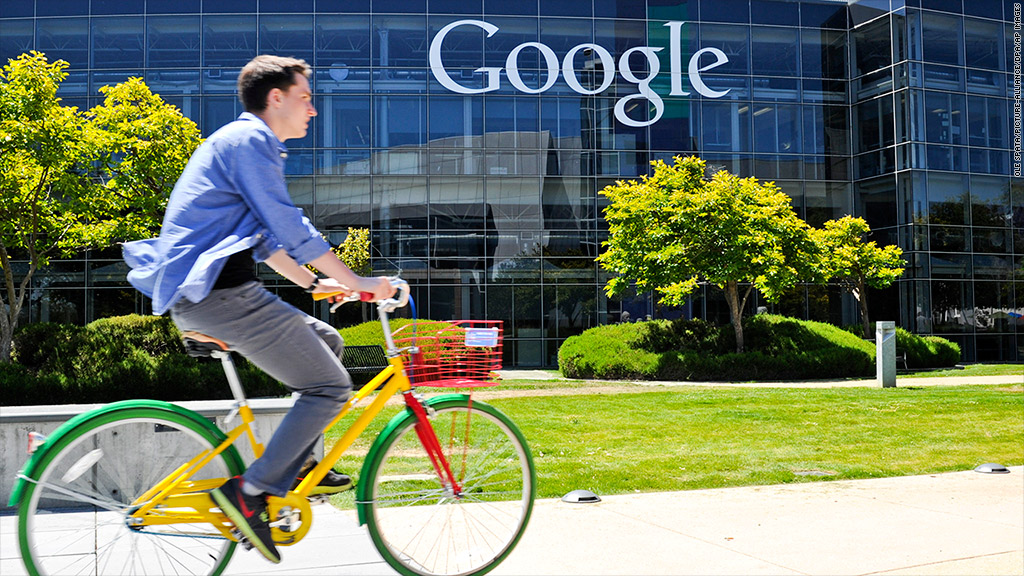
July 12, 2016, by The Ingenuity Lab
What do we really mean by “innovation”?
Written by Paul Kirkham, Researcher in the field of Entrepreneurial Creativity at the Haydn Green Institute for Innovation and Entrepreneurship at Nottingham University Business School
There was a time when innovation wasn’t an especially popular concept. For much of human history the very idea of doing things differently engendered suspicion, with most people content to do more or less exactly as their parents had done.
 By the 20th century, innovation came to be seen as the engine of economic development. Now it’s omnipresent. There’s even a government department dedicated to it.
By the 20th century, innovation came to be seen as the engine of economic development. Now it’s omnipresent. There’s even a government department dedicated to it.
Yet in 2013 an Accenture survey of organisations with revenues exceeding $100m highlighted a worrying dichotomy. Some 93 per cent of executives said they considered the ability to innovate vital to their company’s long-term success, but only 18 per cent said they believed their innovation strategy delivered a competitive advantage.
This suggests innovation isn’t very well understood and that efforts to embrace and channel it might be misdirected or even counterproductive. First and foremost, then, how might we best define “innovation”?
Perhaps the neatest answer is to view it as the successful exploitation of new ideas. In other words, it’s the process that carries ideas into actions – irrespective of whether those ideas take the form of services, technologies, businesses, means of organising or even ways of thinking. The bringing of value and the doing differently represent the essence of innovation.
A popular response to the challenge to innovate is to look at what others are doing. It’s natural to cast an envious glance towards a perceived leader and wonder: “Why can’t we be more like that?” But this isn’t necessarily wise.
After all, what if we were to choose as an exemplar the firm that Fortune magazine named as America’s Most Innovative Company for six years running? It operated a ruthless system of “rank and yank”: the top performers were rewarded handsomely, while the rest were encouraged to take their talents elsewhere. The company was Enron, whose shareholders lost $74bn and whose president was jailed for 24 years.
Google and Apple are frequently pronounced the most innovative organisations around, yet legend has it that their approaches are wholly dissimilar. Whereas Google employees are supposed to sit about in dungarees and drink smoothies, Apple’s workforce is said to do precisely what those on high command.

So for every company that’s innovative in one way there’s another that achieves comparable success totally differently. For every open-desk policy there’s a skunkworks. For every gold-plated service there’s another that’s being stripped to its essentials.
Given this, we should reframe that rule of thumb. Rather than contemplating what we ought to imitate, maybe we might give more thought to what we should avoid.
Please do ensure you subscribe to this blog to keep updated about our events and activities! You can also follow us on Facebook, Twitter, LinkedIn and Instagram.
No comments yet, fill out a comment to be the first

Leave a Reply